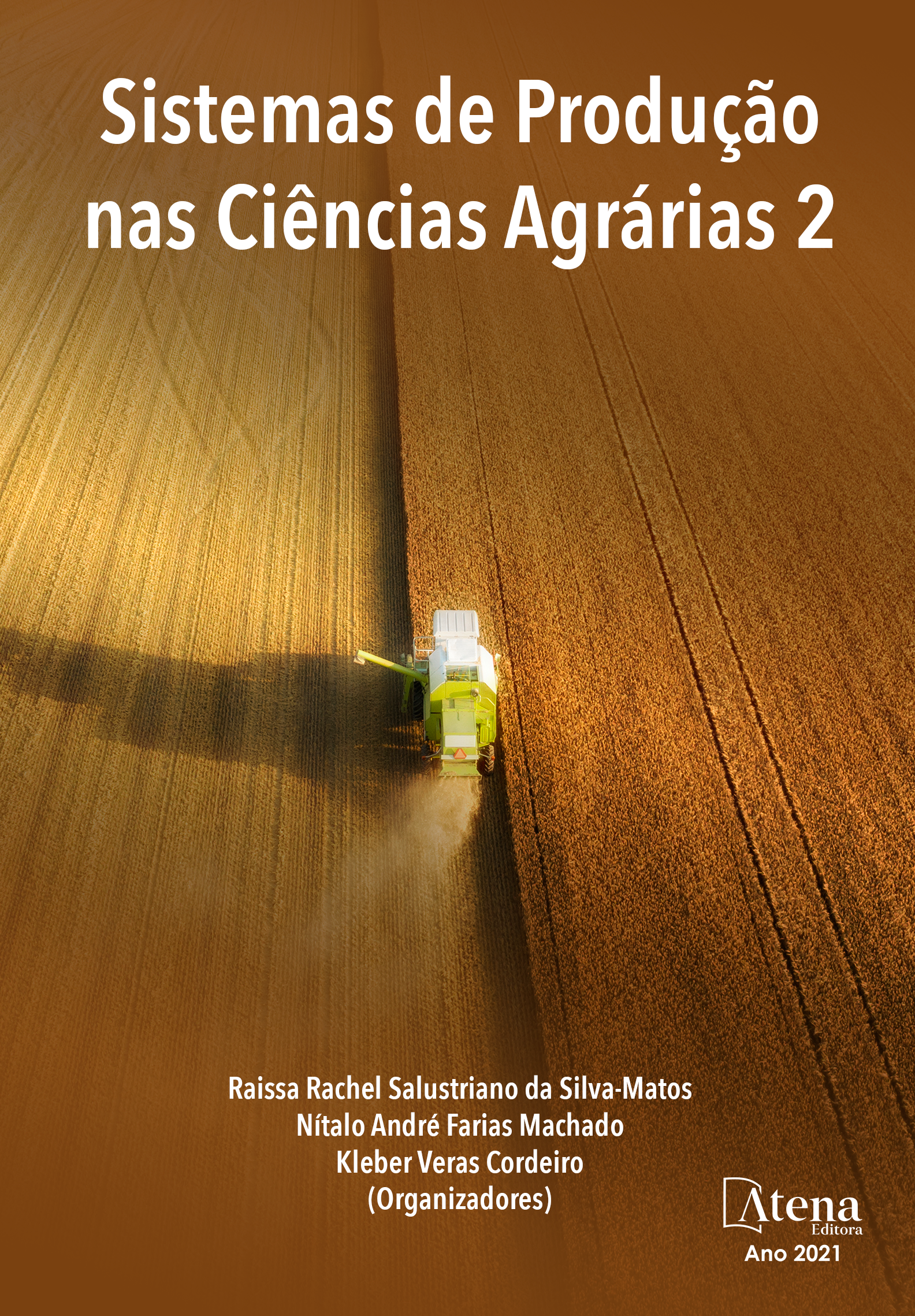
SUBSTÂNCIAS HÚMICAS NO GERENCIAMENTO DE UMA AGRICULTURA SUSTENTÁVEL: UMA BREVE REVISÃO
Sustentar a produção de alimentos para a população mundial em crescimento, com baixo impacto ambiental retrata um dos maiores desafios do século XXI, tanto que, a utilização de práticas sustentáveis na agricultura está entre os 17 objetivos de desenvolvimento sustentável (ODS) da Organização das Nações Unida (ONU). Nesse aspecto, novas tecnologias que visem promover uma agricultura sustentável, são necessárias. Uma solução para ajudar neste processo é a utilização substâncias húmicas. Essas substâncias são de grande relevância, pois são responsáveis pela melhoria das características físicas, químicas e biológicas do solo. Portanto, o objetivo com esta revisão foi demonstrar o estado da arte na utilização de substancias húmicas no gerenciamento de uma agricultura sustentável. Observou-se que a aplicação de substâncias húmicas dentro dos sistemas agrícolas pode ser utilizada para auxiliar a absorção de nutrientes pelas plantas, contribuindo assim, para um desenvolvimento de sustentável. Vários trabalhos relatam os efeitos benéficos aplicados diretamente na cultura, como precocidade, aumento no teor de hormônios e melhor desenvolvimento radicular. No entanto, como a maioria das substâncias húmicas utilizados na agricultura são atualmente derivadas de fontes não renováveis recursos como o carvão, a promoção desta tecnologia também requer o desenvolvimento de novas fontes sustentáveis de produtos húmicos como a utilização de resíduos orgânicos.
SUBSTÂNCIAS HÚMICAS NO GERENCIAMENTO DE UMA AGRICULTURA SUSTENTÁVEL: UMA BREVE REVISÃO
-
DOI: 10.22533/at.ed.12021030223
-
Palavras-chave: Bioestimulantes, matéria orgânica, agricultura sustentável, aplicações.
-
Keywords: Biostimulation, organic matter, sustainable agriculture, applications.
-
Abstract:
Sustaining food production for the growing world population, with low environmental impact, portrays one of the greatest challenges of the 21st century, so much so that the use of sustainable agriculture practices is among the 17 sustainable development objectives (SDGs) of the Organization of the Nations United (UN). In this regard, new technologies that aim to promote sustainable agriculture are necessary. One solution to help in this process is to use humic substances. These substances are of great relevance, as they are responsible for improving the physical, chemical, and biological characteristics of the soil. Therefore, this review aimed to demonstrate the state of the art in the use of humic substances in the management of sustainable agriculture. It was observed that the application of humic substances within agricultural systems can be used to assist the absorption of nutrients by plants, thus contributing to sustainable development. Several studies report the beneficial effects applied directly to the culture, such as precocity, increased hormone content, and better root development. However, as the majority of humic substances used in agriculture are currently derived from non-renewable resources such as coal, the promotion of this technology also requires the development of new sustainable sources of humic products such as the use of organic waste.
-
Número de páginas: 15
- Larissa Brandão Portela
- Gustavo André de Araújo Santos
- Anagila Janenis Cardoso Silva
- Conceição de Maria Batista de Oliveira
- Diogo Ribeiro de Araújo
- Alana das Chagas Ferreira Aguiar
- Joab Luhan Ferreira Pedrosa


